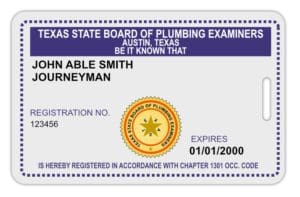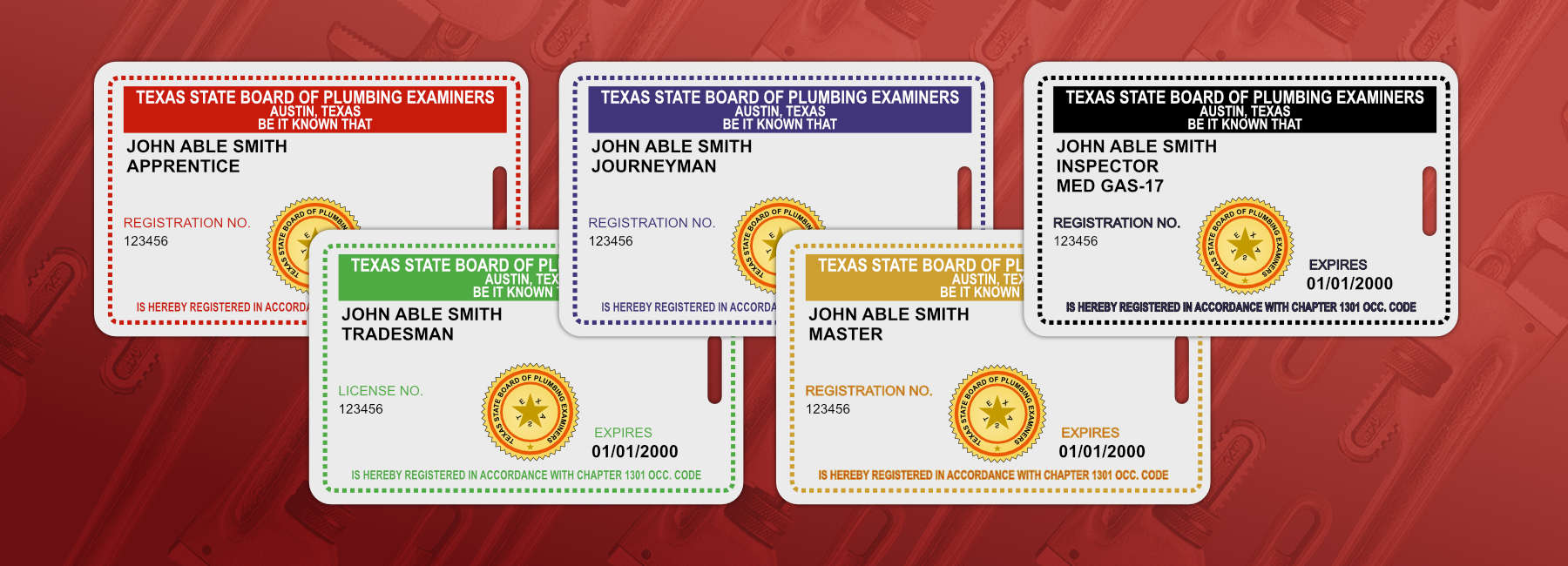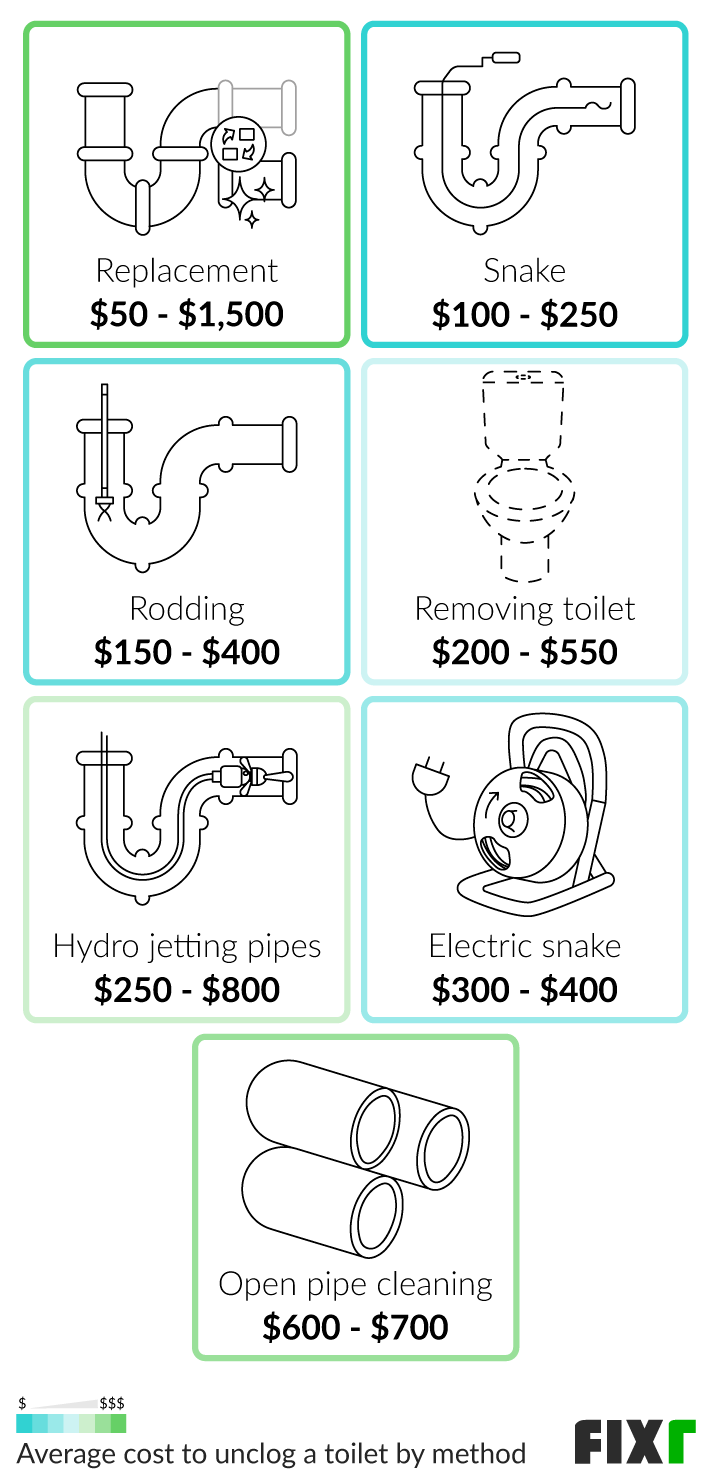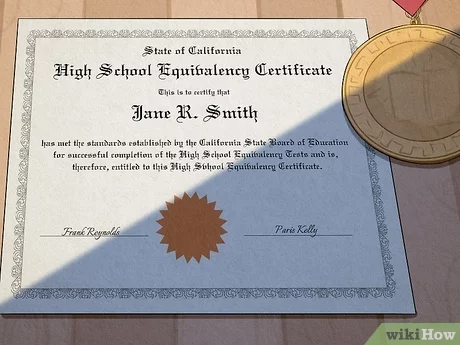How To Get Plumbing License In Texas?
If you are a plumber located in Texas and you are looking to obtain your plumbing license, you need to be aware that each state has its own regulations and requirements for licensing. In Texas, plumbers are required to obtain a Journeyman Plumber license from the Texas State Board of Plumbing Examiners (TSBPE). This license will allow you to legally install, repair, and maintain plumbing systems in homes, businesses, and public facilities. In order to obtain a Journeyman Plumber license, you must first complete a minimum of four years of plumbing work experience as well as pass a comprehensive exam. This exam includes both a written and practical component and covers topics such as plumbing codes, safety standards, and installation techniques. Once you have completed all of the necessary requirements and passed the exam, you will be issued a Journeyman Plumber license by the TSBPE.
Overview of Plumbing Licensing Requirements in Texas
Pursuing a career in plumbing in the Lone Star State of Texas requires you to obtain a plumbing license. Understanding the licensing requirements of the Texas State Board of Plumbing Examiners (TSBPE) is essential for aspiring plumbers seeking to practice their craft. These requirements include completing an approved plumbing program, passing the TSBPE’s plumbing exam, and obtaining the appropriate financial and liability insurance coverage. With the right credentials, plumbers in Texas can look forward to a rewarding and lucrative career.
Steps to Obtaining a Plumbing License in Texas
Are you a plumbing professional looking to obtain a license in Texas? The Lone Star State offers a comprehensive licensing program that aims to ensure quality work is done throughout the state. Here are the steps to obtaining a plumbing license in Texas:
1. Meet the qualifications. All applicants must be at least 18 years old, have a high school diploma or equivalent, and have eight years of experience in the plumbing trade.
2. Take and pass the Texas Plumbing License exam. The exam lasts four hours and consists of 140 questions, covering topics such as plumbing codes and laws, installation and repair requirements, and safety regulations.
3. Apply for licensure. Once you’ve passed the exam, you can submit an application for licensure to the Texas State Board of Plumbing Examiners.
4. Submit required documents. Along with the application, you’ll need to submit proof of experience, a copy of your high school diploma, and the exam results.
5. Pay the licensing fee. The fee for a Texas plumbing license is currently $85.
By following these steps, you can obtain your plumbing license in Texas and become a licensed professional in the Lone Star State.
Benefits of Having a Plumbing License in Texas
Having a plumbing license in Texas offers a wide range of benefits and opportunities for professional development. With a plumbing license, you are legally authorized to install, repair, and maintain plumbing systems, and are eligible for higher pay, better job security, and greater flexibility in the industry. Furthermore, having a valid plumbing license allows you to take on more complex projects, as well as have access to exclusive certifications and professional development programs. Additionally, owning a plumbing license in Texas can provide you with the chance to become an independent contractor or start your own plumbing business. With the right qualifications and experience, you can take advantage of the lucrative opportunities the plumbing industry offers.

Potential Hurdles to Obtaining a Plumbing License in Texas
In Texas, the process of obtaining a plumbing license is complex and can be difficult to navigate. This article will discuss the potential hurdles to obtaining a plumbing license in Texas, including required education, experience, and examinations. Education requirements can include courses in plumbing theory and practice, in addition to any local codes and regulations. Experience requirements can range from a specific number of hours of related work, to apprenticeships, to certifications. Additionally, in order to obtain a license, applicants must pass examinations set by the state, which can include written and practical tests.
Overall, the process of obtaining a plumbing license in Texas is not an easy one, and understanding the specific requirements and expectations set by the state are essential for success.
Tips for Successfully Completing the Plumbing License Process in Texas
If you’re looking to become a licensed plumber in Texas, the process can seem overwhelming. However, if you follow these tips, you’ll be able to successfully complete the plumbing license process with ease. First, make sure you have the required experience and education to qualify for the license. Then, complete the application and submit it to the Texas State Board of Plumbing Examiners. Once approved, you’ll need to successfully pass the state-approved plumbing exam. Finally, make sure to stay up-to-date on the latest developments in the plumbing industry to ensure you maintain your license. With these tips, you’ll be well on your way to becoming a licensed plumber in Texas.
Continuing Education Requirements for Maintaining a Plumbing License in Texas
Maintaining a plumbing license in Texas requires continuing education to ensure that plumbers stay up to date on the latest standards, regulations and methods. Continuing education is also necessary to help plumbers stay ahead of the curve and remain competitive in the field. To maintain a plumbing license in Texas, plumbers must complete at least 16 hours of continuing education every two years. This coursework must include topics such as safety, new plumbing technologies, and the latest code updates. The Texas State Board of Plumbing Examiners also requires a minimum of four hours of continuing education in ethics and the legal aspects of plumbing. Keeping up with these requirements is necessary for plumbing license renewal in Texas.
FAQs About the How To Get Plumbing License In Texas?
1. What qualifications do I need to obtain a plumbing license in Texas?
Answer: To obtain a plumbing license in Texas, you must meet the qualifications outlined by the Texas State Board of Plumbing Examiners. These qualifications include having at least four years of experience in the plumbing field, passing a criminal background check, and passing a trade-specific exam.
2. How do I apply for a plumbing license in Texas?
Answer: To apply for a plumbing license in Texas, you must first submit an application to the Texas State Board of Plumbing Examiners. You will need to provide evidence of your four years of experience in the plumbing field, as well as proof of passing the trade-specific exam.
3. How much does it cost to get a plumbing license in Texas?
Answer: The cost of obtaining a plumbing license in Texas varies depending on the type of license you are applying for. Generally, the cost ranges from $75 to $150.
Conclusion
In order to become a licensed plumber in Texas, you must complete the necessary educational requirements, pass the licensing exams, and meet all other state requirements. It is important to research the specific requirements in your area to ensure you are meeting all requirements. Once you have met all of the requirements, you will be able to apply for and receive your plumbing license in Texas.







